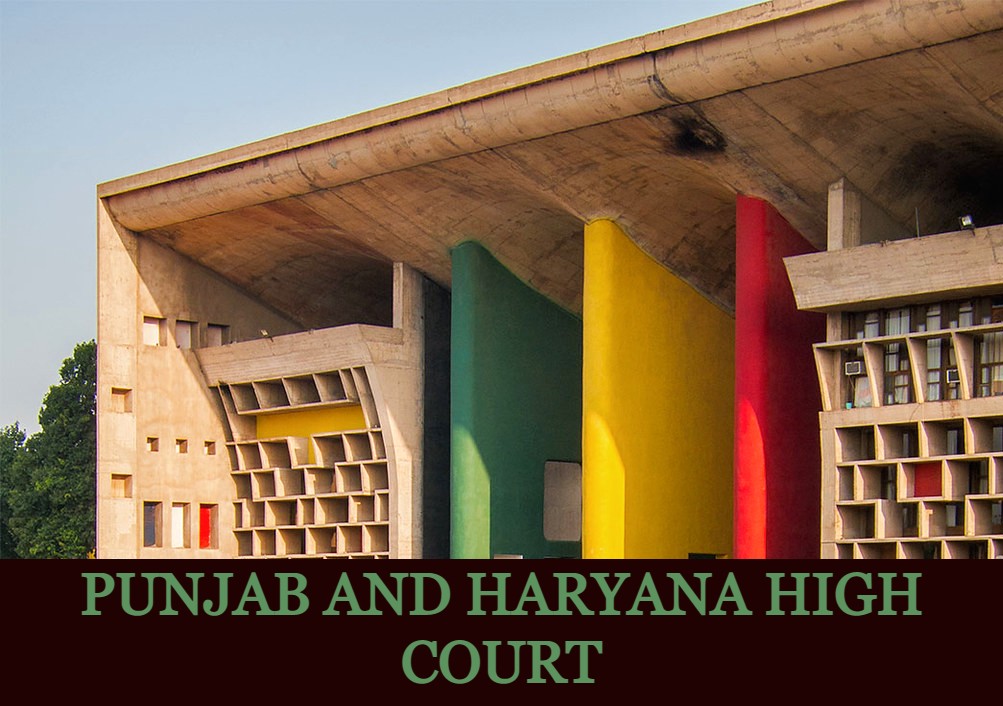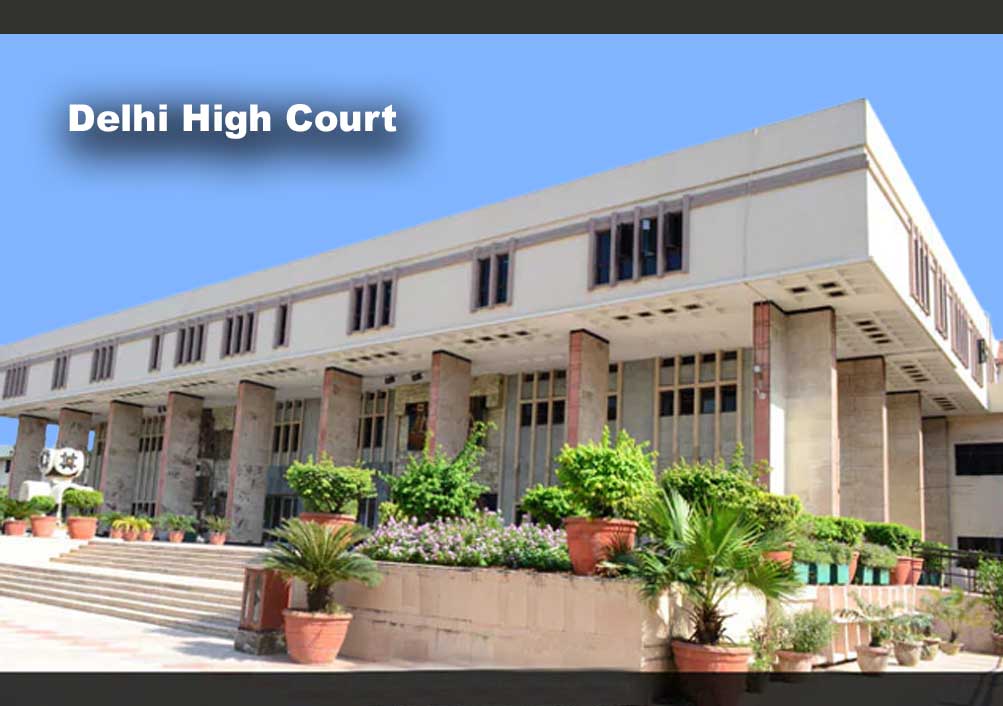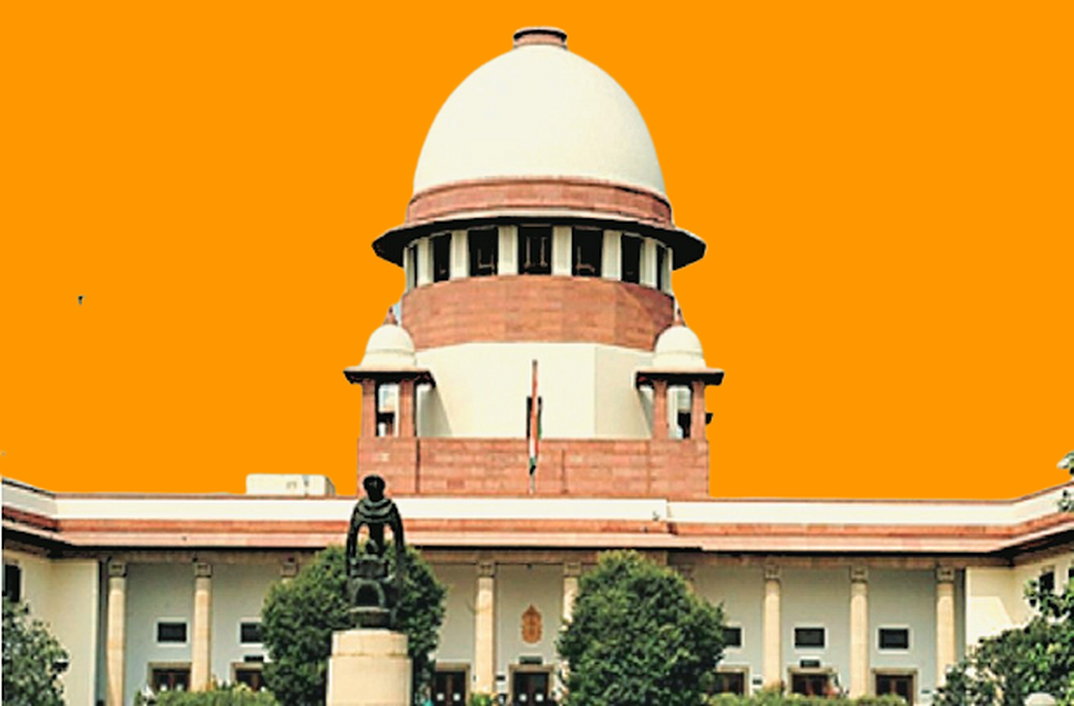In CWP NO. 25148 OF 2018-PUNJ HC- Appellate Tribunal under Senior Citizens Act, 2007 is not conferred with power of remand u/s 16 and upon entertaining appeal, it must either reject or accept it: P&H HC Justice Arun Monga [14-07-2022]

Read Order: Surindera Devi v. State of Punjab and Others
Monika Rahar
Chandigarh, August 9, 2022: The High Court of Punjab and Haryana has recently held that the appellate Tribunal under the Maintenance and Welfare of Parents and Senior Citizens Act, 2007 is not conferred with the power of remand under Section 16 of the statute and upon entertaining the appeal must either reject or accept the same, wholly or partly as the case may be.
The Bench of Justice Arun Monga further held, “The words ‘remand’ are missing in Section 16 of the Act, unlike the case under Order 41 Rules 23 and 25 of CPC where the appellate Court is specifically conferred the power of remand.”
Essentially, the petitioner (mother of the fifth respondent) filed an application under Sections 4, 5, 22 & 23 of the 2007 Act before the Maintenance Tribunal. This application was allowed. The Maintenance Tribunal annulled the document of transfer.
Aggrieved, the fifth respondent filed an appeal before the Maintenance Appellate Tribunal in which the order of the Maintenance Tribunal was set aside and the matter was remanded back for deciding it again.
Hence, the present writ petition was filed by the mother.
The counsel for the petitioner submitted that the order of remand was not maintainable. In this regard, it was submitted that firstly, there was no provision in the 2007 Act to involve all the provisions of the CPC because the procedure of inquiry is summary in nature in view of Section 8 of the Act as per which the Tribunal shall have the powers of the Civil Court for the purpose of taking evidence on oath and of enforcing the attendance of witnesses and of compelling the discovery and production of documents but it would not have the power to remand the case in terms of Order 41 Rules 23 & 25 of the CPC.
The impugned order was also challenged for being illegal, non-speaking and contrary to provisions of Section 16 of 2007 Act.
The question which arose before the Court was whether the appellate authority (under 2007 Act) in the absence of special statute specifically conferring the power of remand can exercise the same under the meaning of being an appellate authority having the power to set aside the order under challenge?
In this respect, the Court made reference to Sections 8 and 16 of the 2007 Act and observed,
“A perusal of the aforesaid two Sections interse read harmoniously reflects that not only it is a special statute enacted for maintenance and welfare of senior citizens, but in order to make it more effective given the advanced age of some of the senior citizens, who are compelled to approach the Court in twilight of their life, summary powers have been conferred to the Tribunals for adjudicating the pending complaints as speedily as possible in order to meaningfully implement the intent of the legislature.”
Further, the Court observed that the words ‘remand’ are missing in Section 16 of the Act, unlike under Order 41 Rules 23 and 25 of CPC where the appellate Court is specifically conferred the power of remand.
Thus, in light of the above, the Court was of the opinion that the appellate Tribunal is not conferred with the power of remand under Section 16 of the statute and upon entertaining the appeal must either reject or accept the same, wholly or partly as the case may be.
Therefore, it was held that the impugned appellate order herein was not sustainable and was accordingly set-aside. The matter was remanded back to the appellate Tribunal for fresh consideration and adjudication.
Sign up for our weekly newsletter to stay up to date on our product, events featured blog, special offer and all of the exciting things that take place here at Legitquest.




Add a Comment